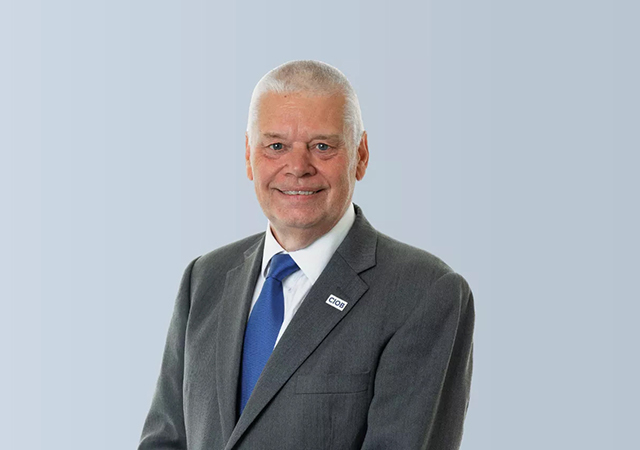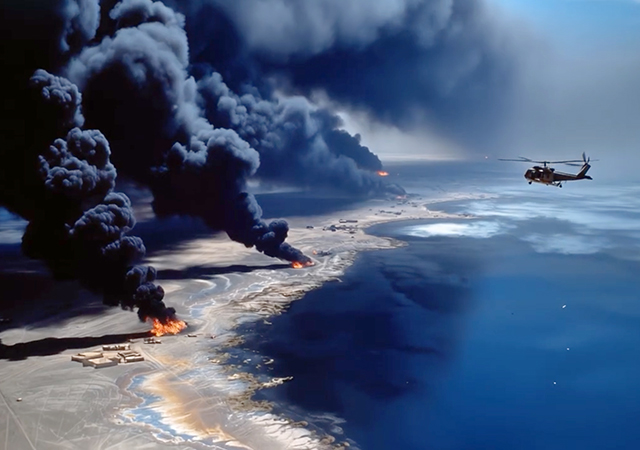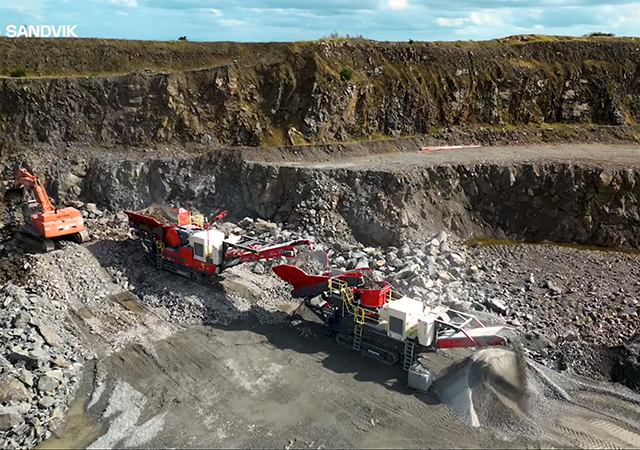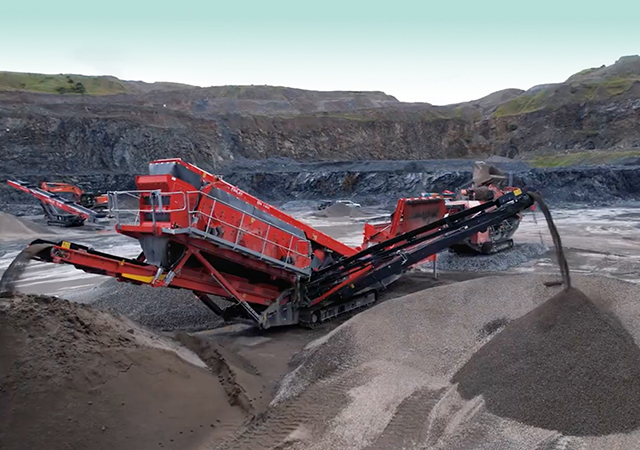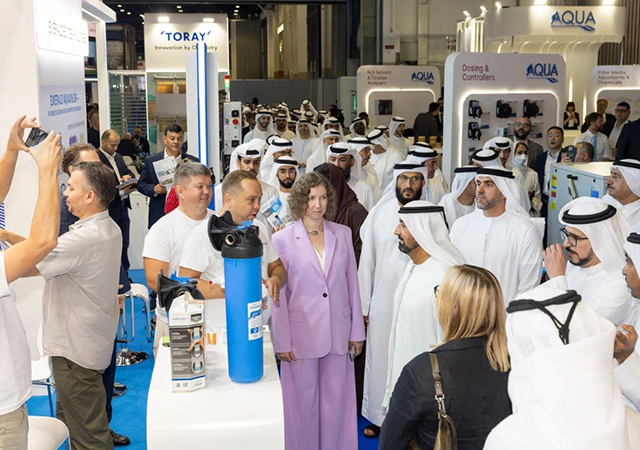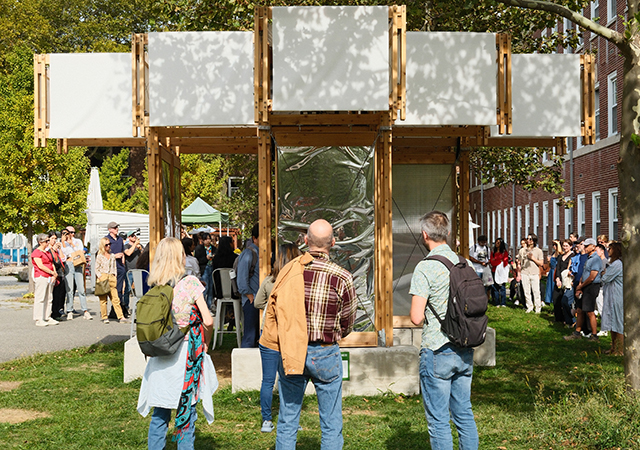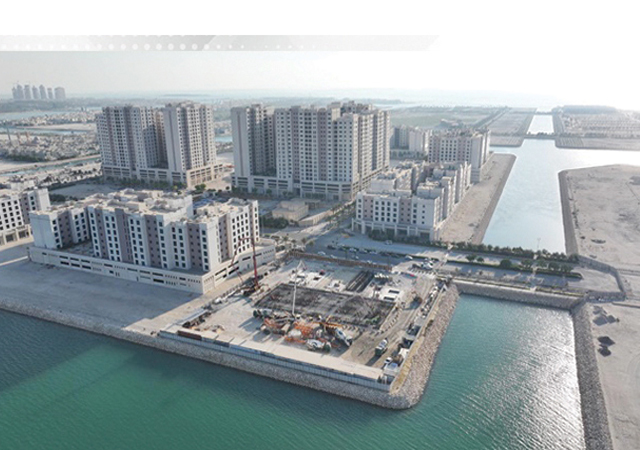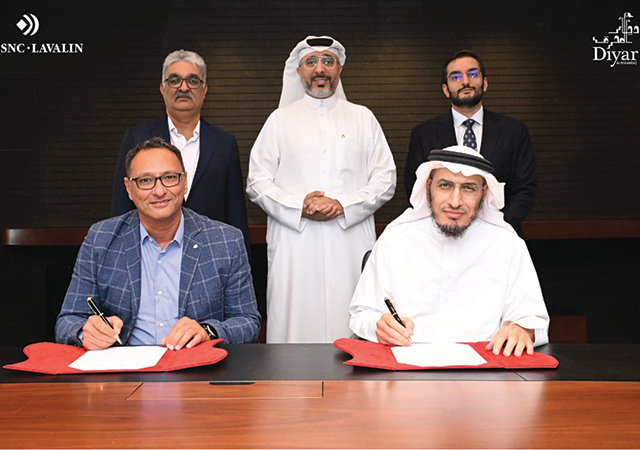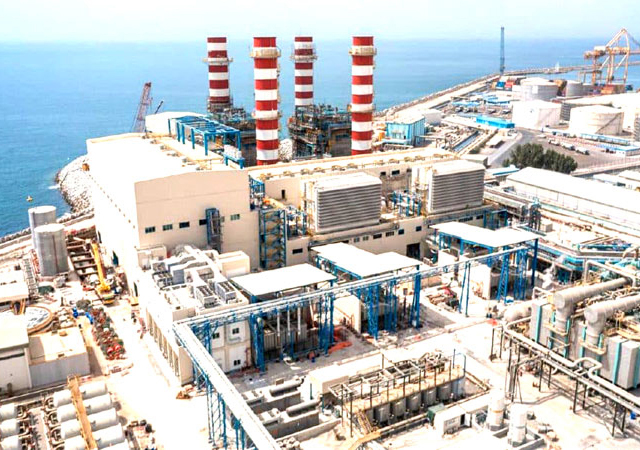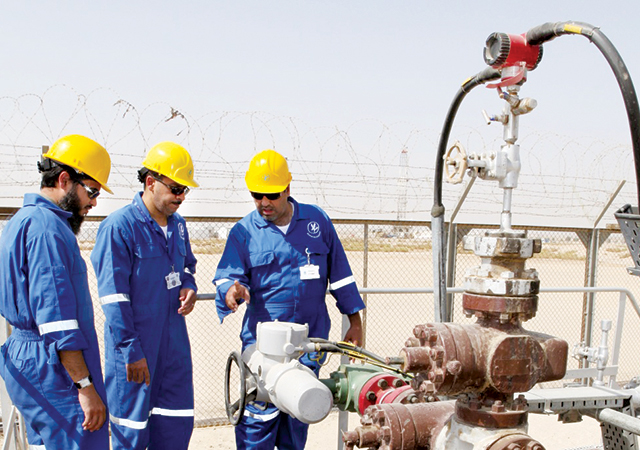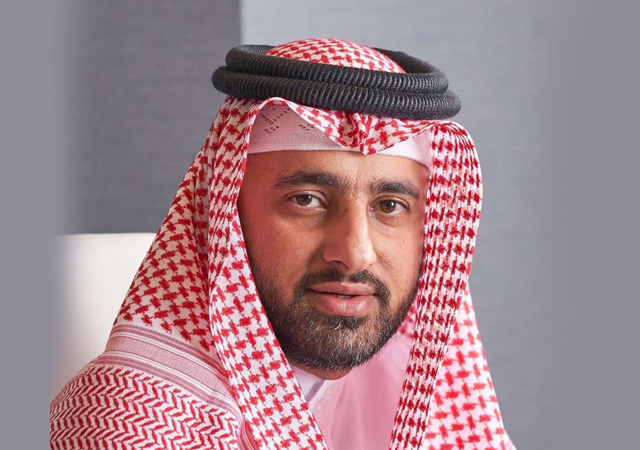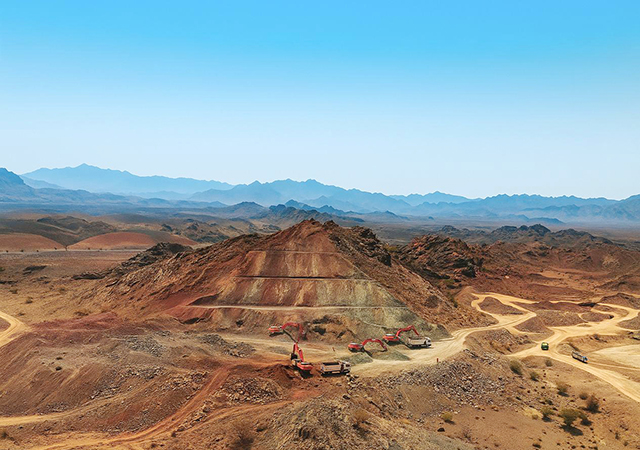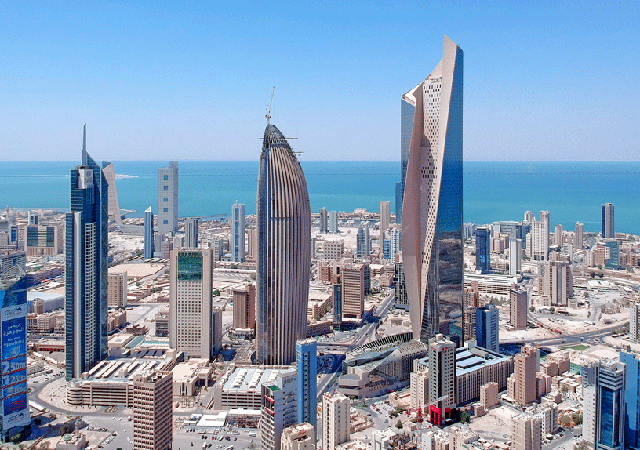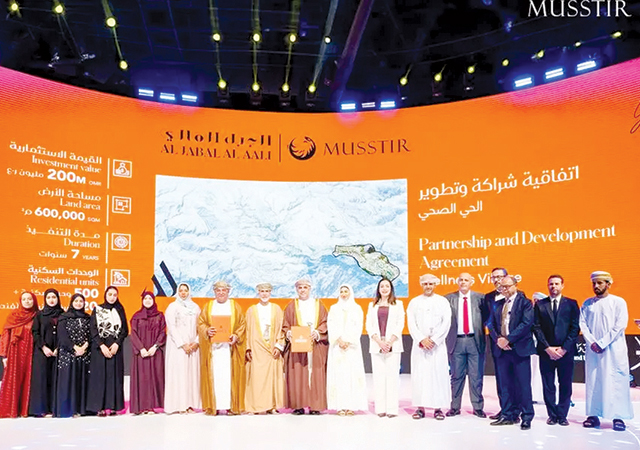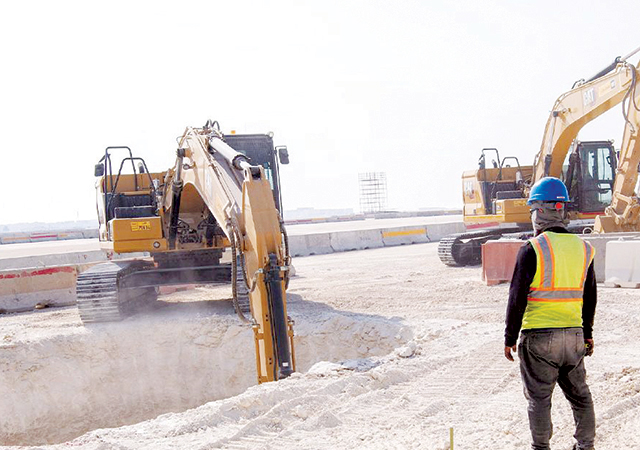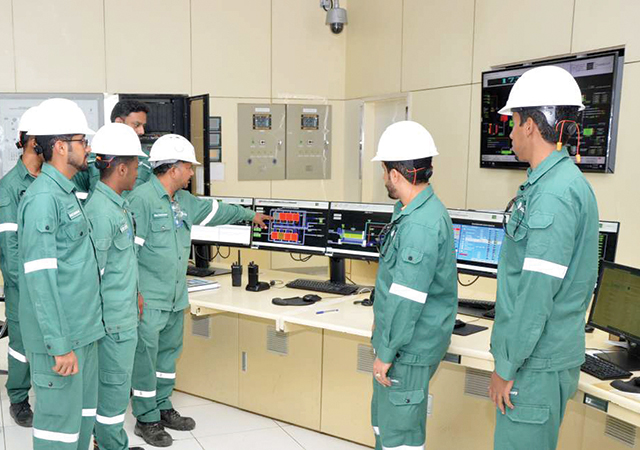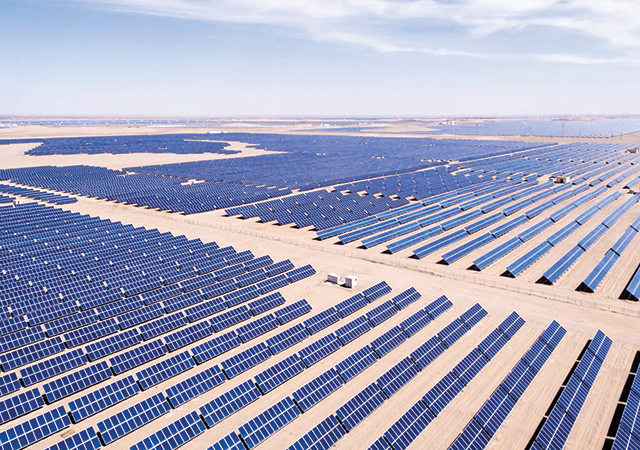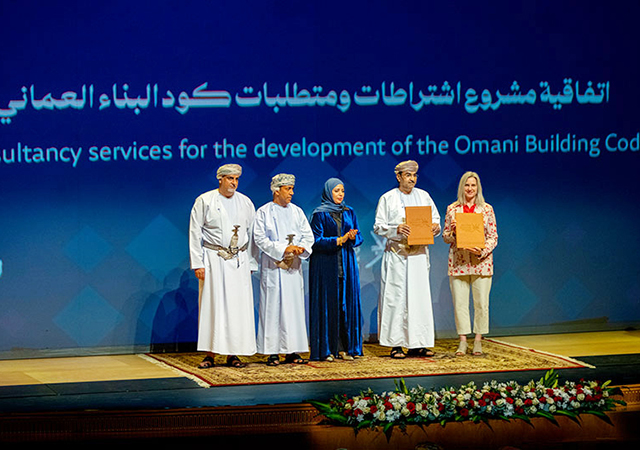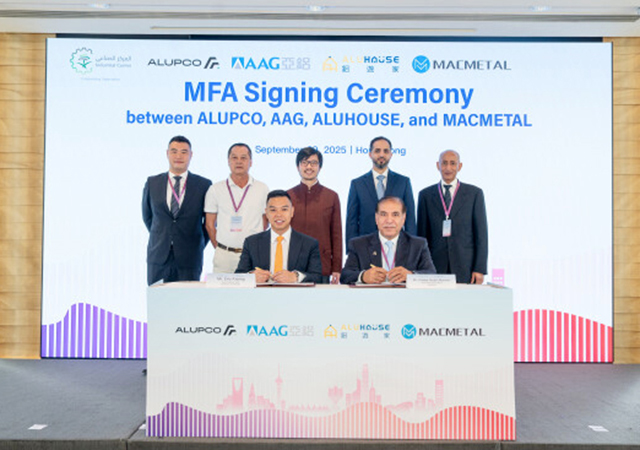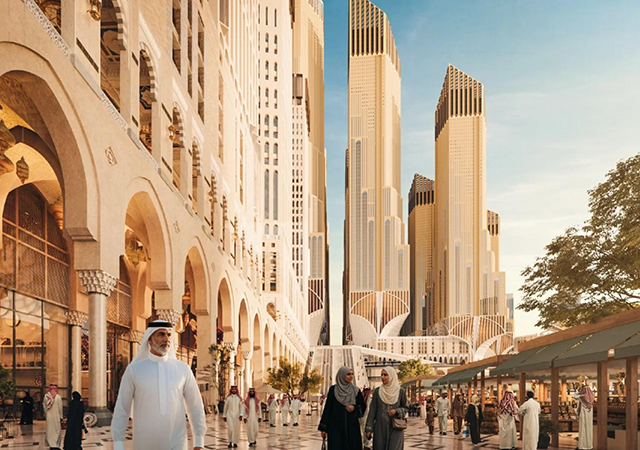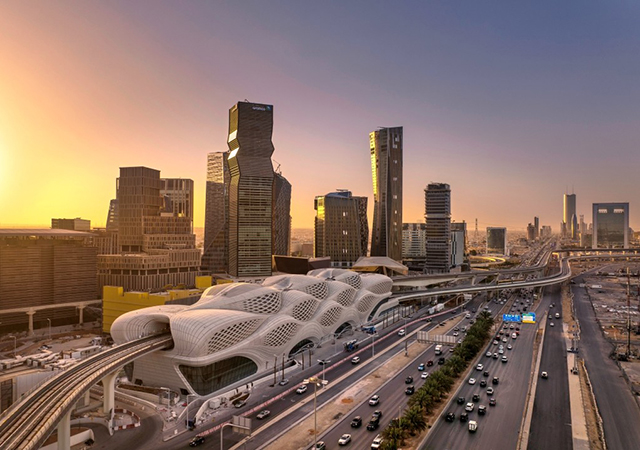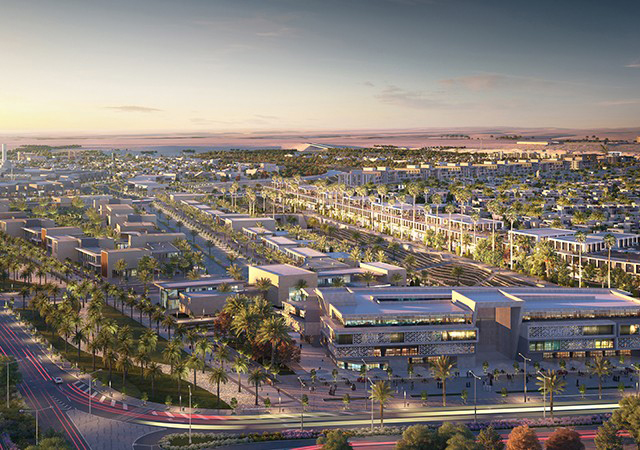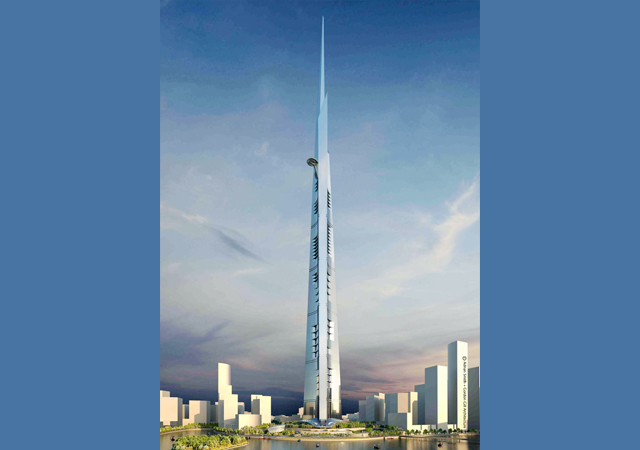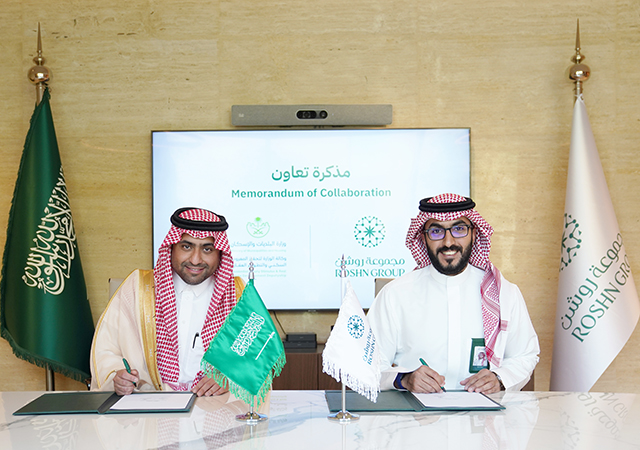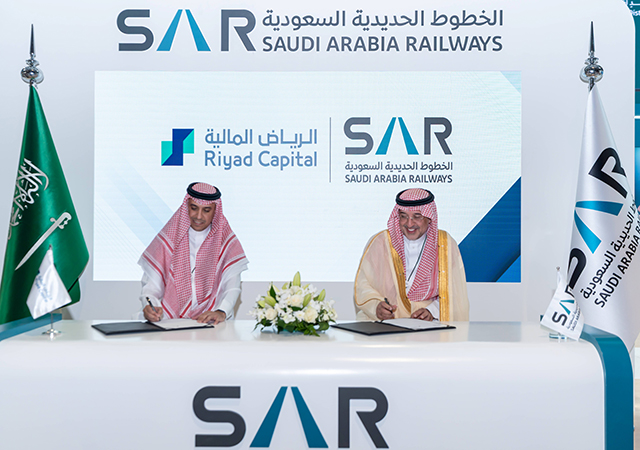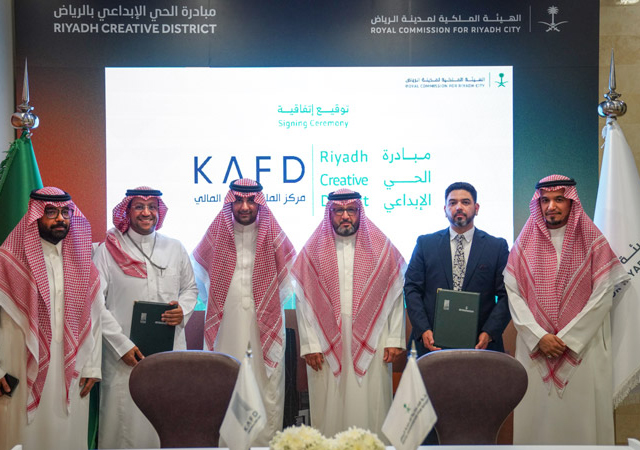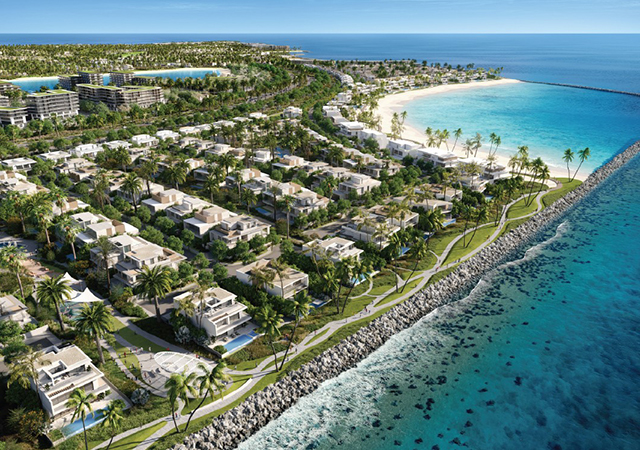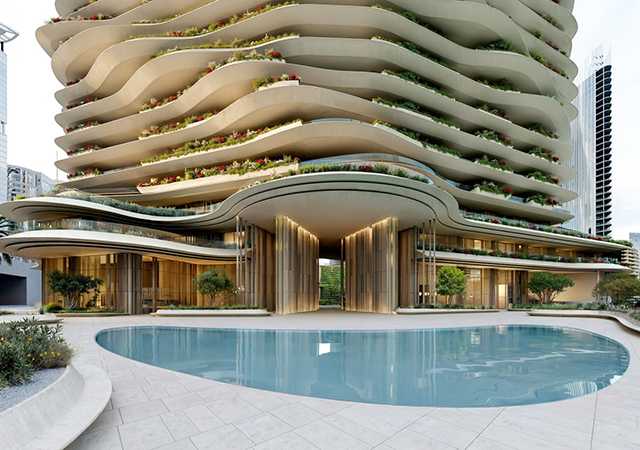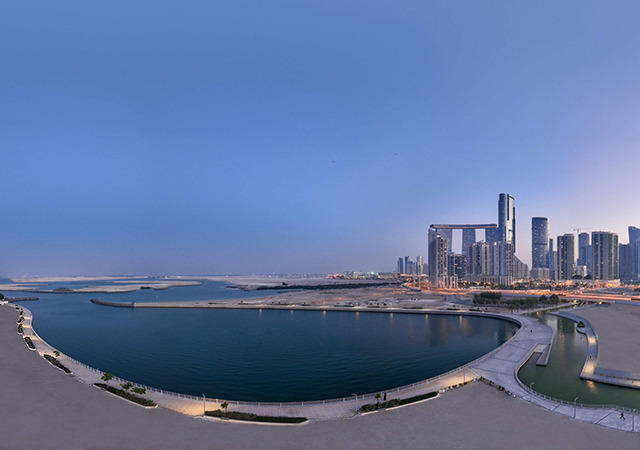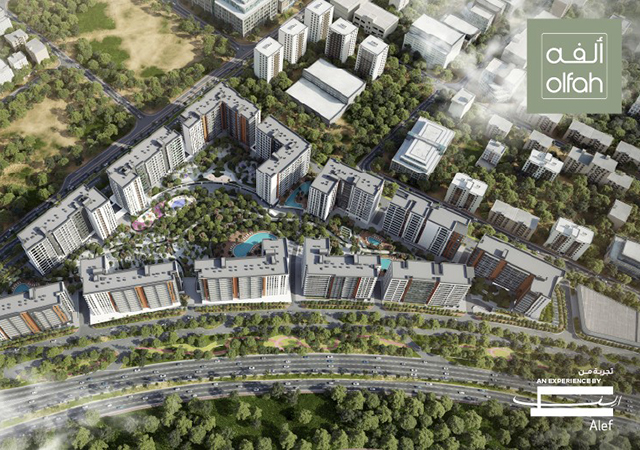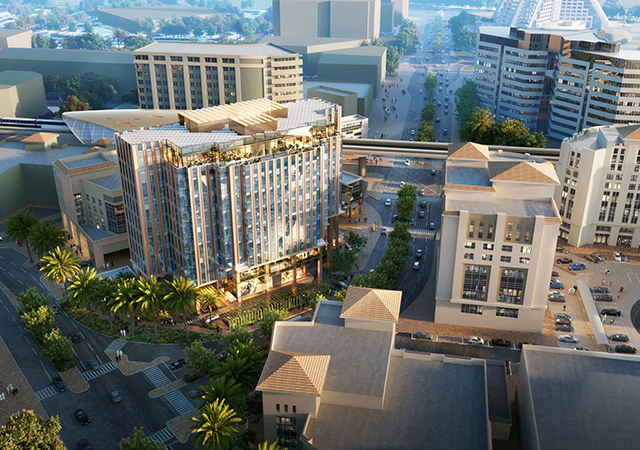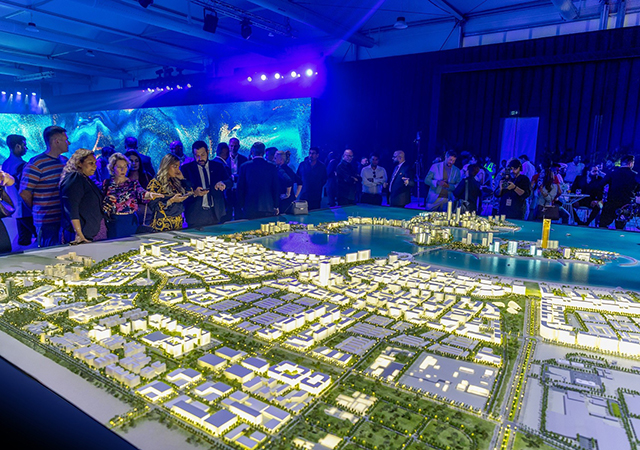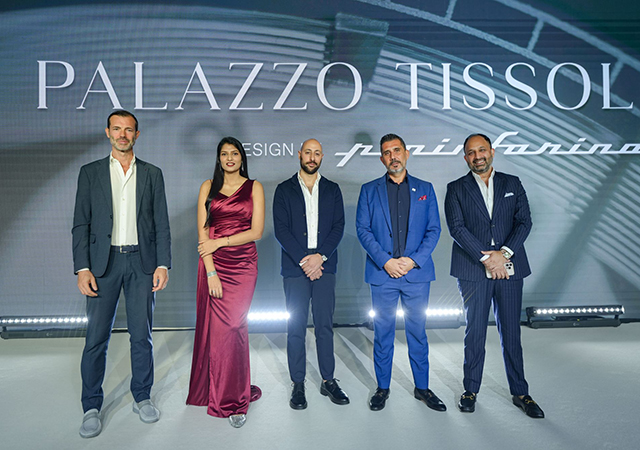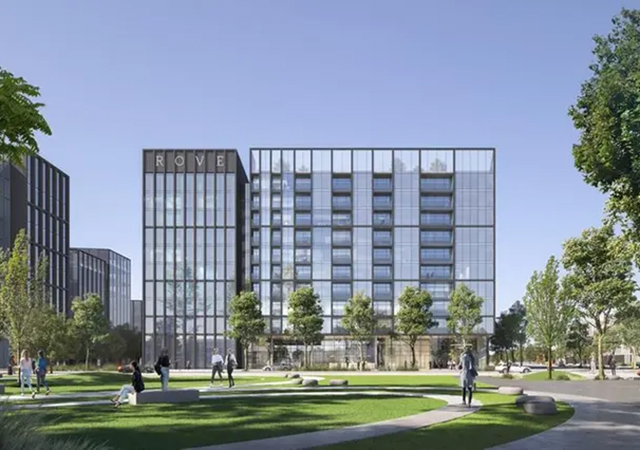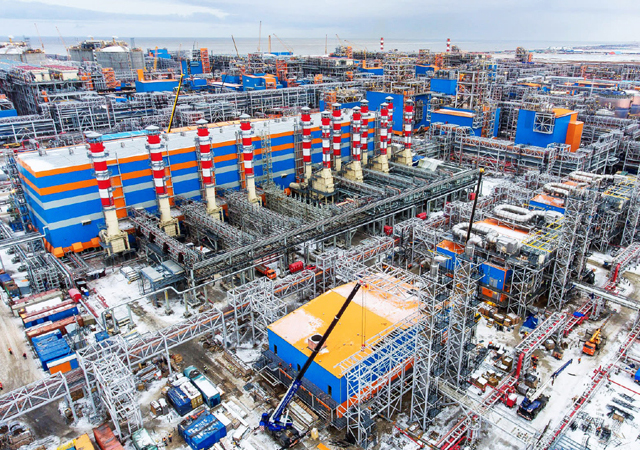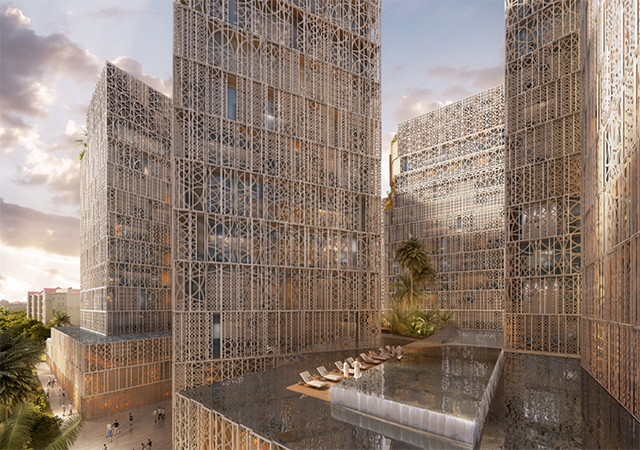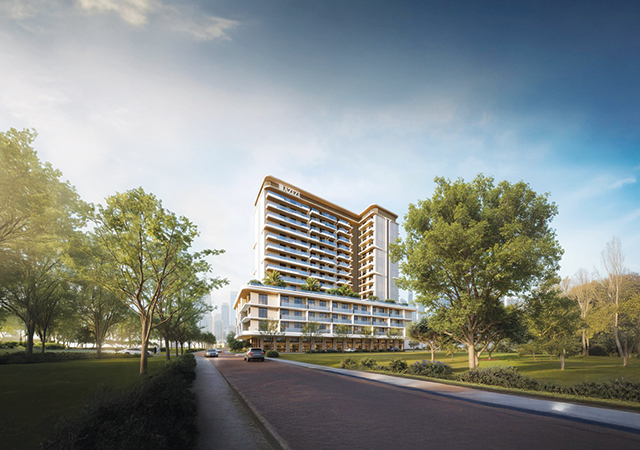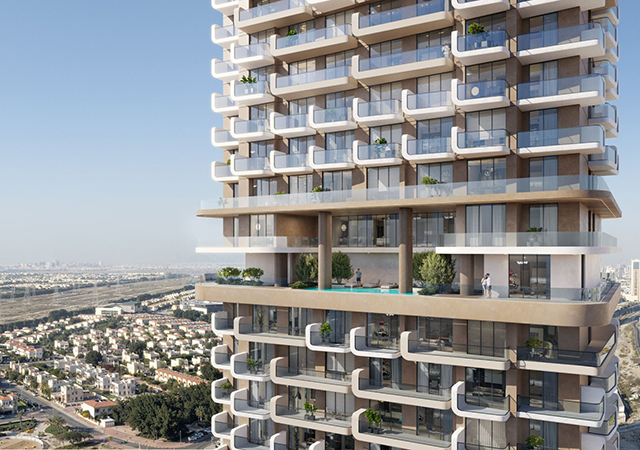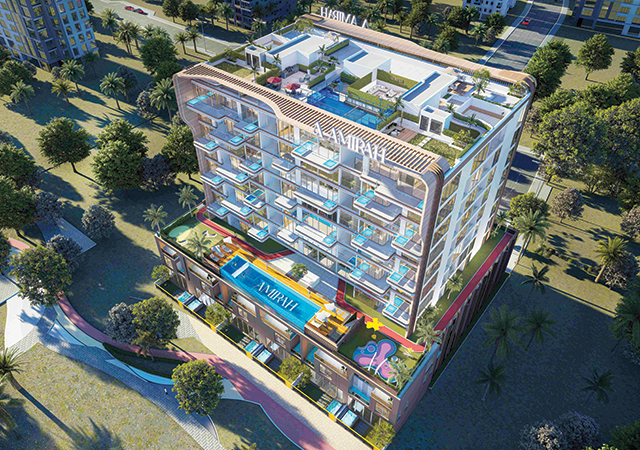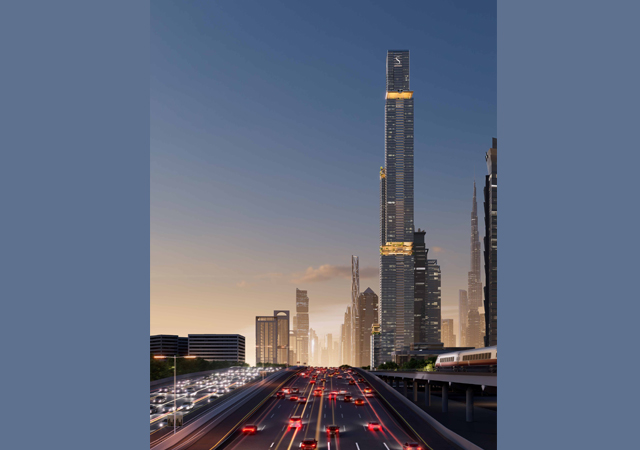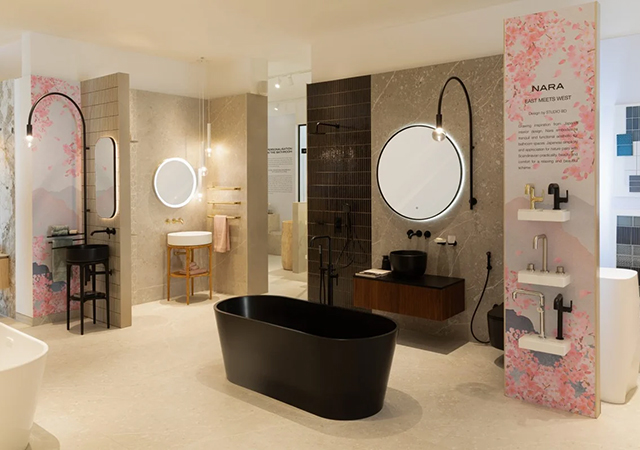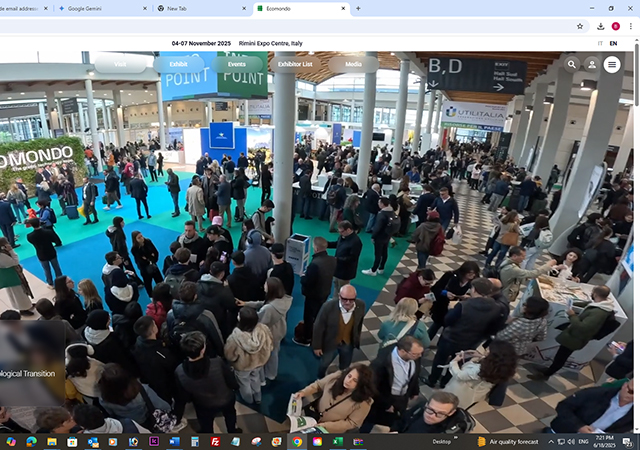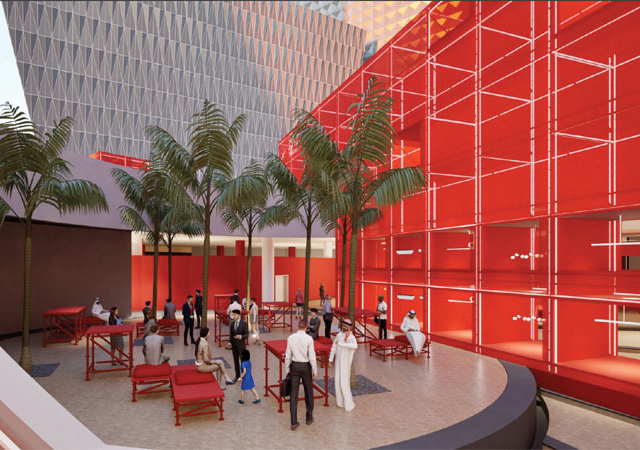
A contract worth $236 million for conducting design and technical tests on Phase One of the Doha Metro has been awarded to two foreign firms, according to a report in the Al Sharq newspaper.
Under the contract, France’s Systra and the US-based Parsons Corporation will be responsible for all operational tests required before commissioning Phase One of the project, which will need to be completed by 2017.
Both firms will design and supervise the technical tests for the final operations of trains, which include signals, control room for automatic switching of tracks and signal, and other modalities.
In another development, Qatar Rail, which is overseeing the construction of Qatar’s integrated rail network, has taken delivery of the first of 21 tunnel boring machines (TBMs).
The TBMs will be launched for the Doha Metro as part of the Red Line North Underground project, being implemented by a design-and-build joint venture led by Italy’s Salini Impregilo, with South Korea’s S K Engineering and Construction Company, and Galfar Al Misnad Engineering and Contracting.
TBM S-865, also known as ‘Lebretha’, was manufactured by Germany’s Herrenknecht. TBM Lebretha will be assembled and launched from the Al Wahda site towards West Bay Central. At West Bay Central, it will be disassembled and reassembled at Al Wahda and then travel towards Doha Golf Course. It will then bore the West Tunnel while TBM ‘Al Khor’ will bore the East Tunnel when it arrives.
Qatar Rail has also awarded a six-member consortium an insurance programme on infrastructure. The consortium of Qatari National Insurance Companies, led by Qatar Insurance Company, will provide construction all risks and third party liability insurance to the metro’s Phase One.
The 231-km Doha Metro will have four lines and is to be executed in twin stages with Phase One involving a 131-km stretch (underground 63 km, elevated 48 km and at grade 20 km) and 48 stations. Phase Two will see the construction of a 100-km track (underground 37 km, elevated 53 and at grade 10 km) with 44 stations.
Phase One is on course to open in 2019.



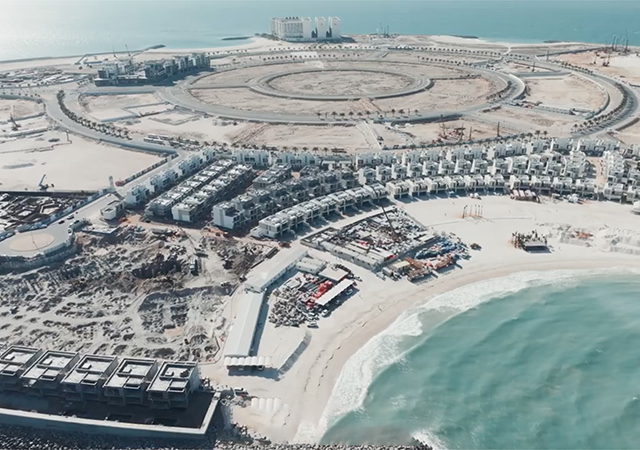

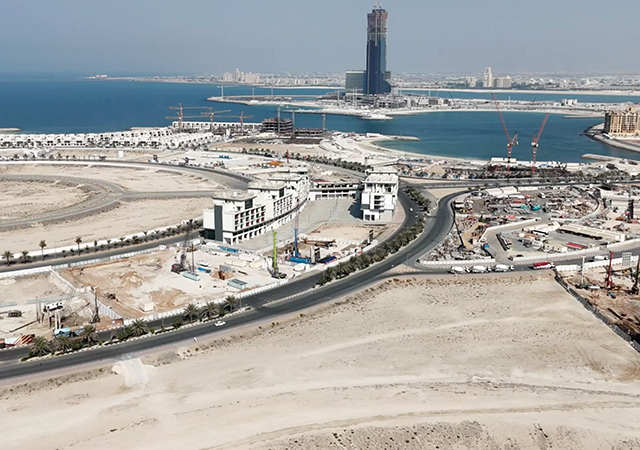
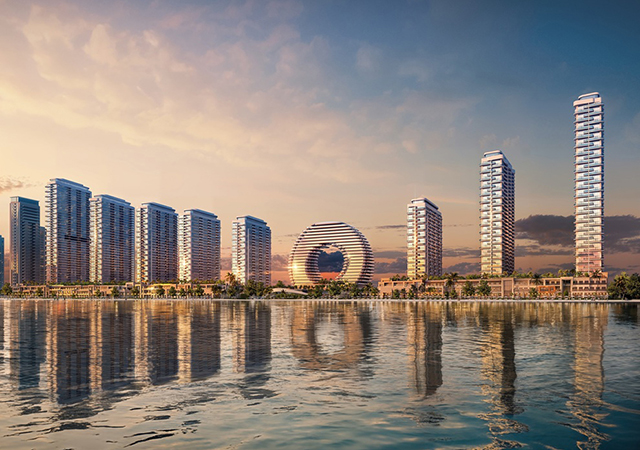
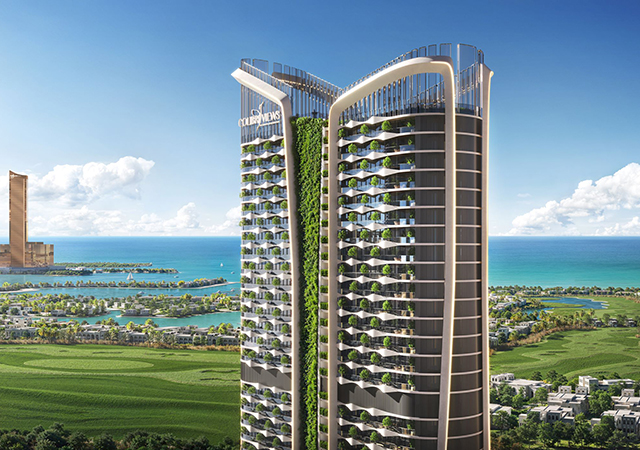
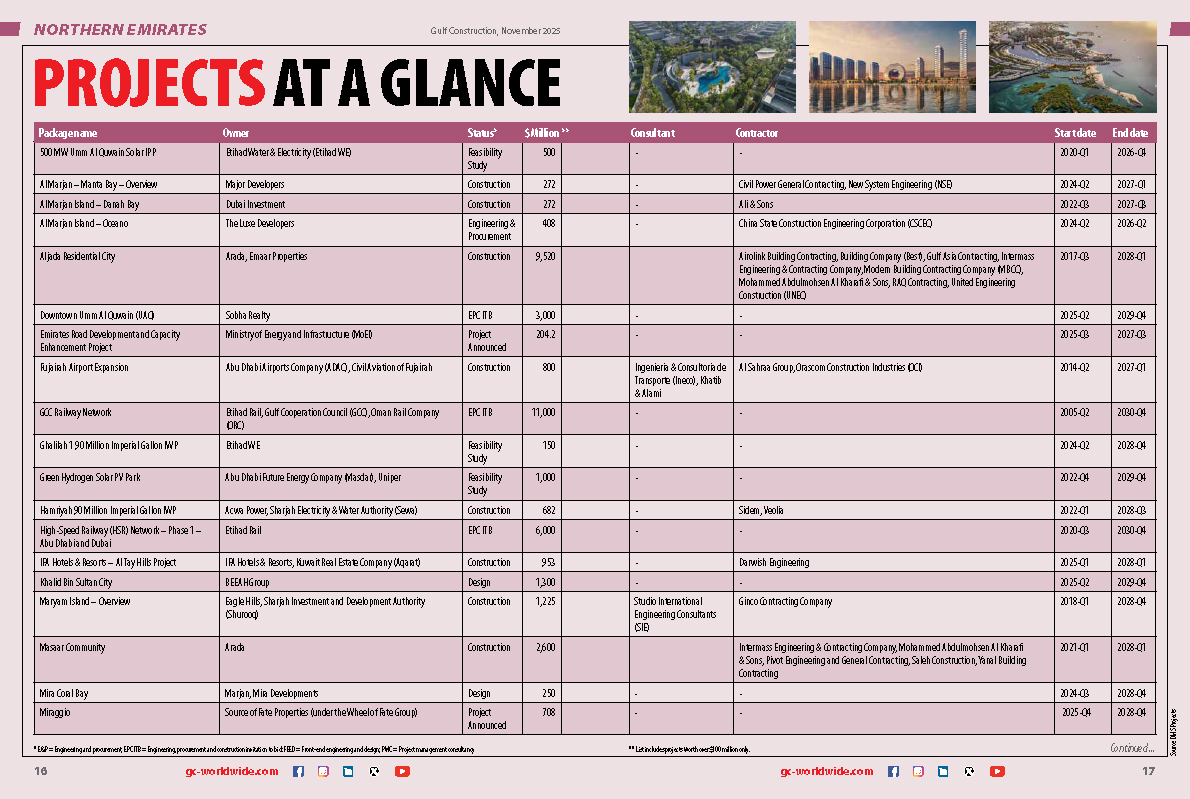
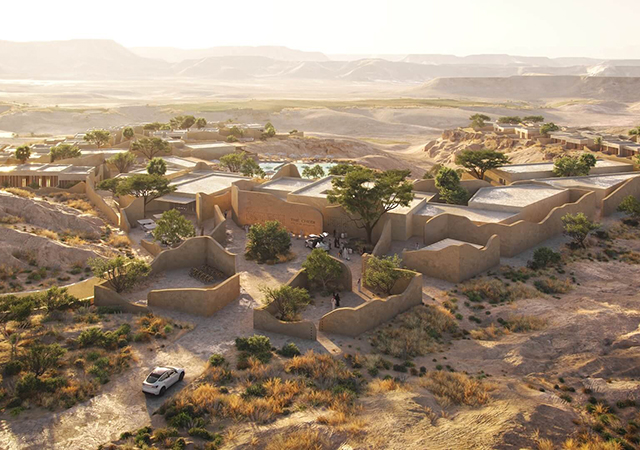
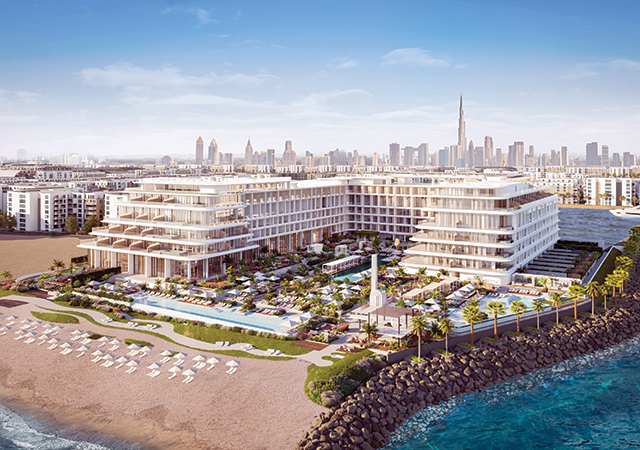
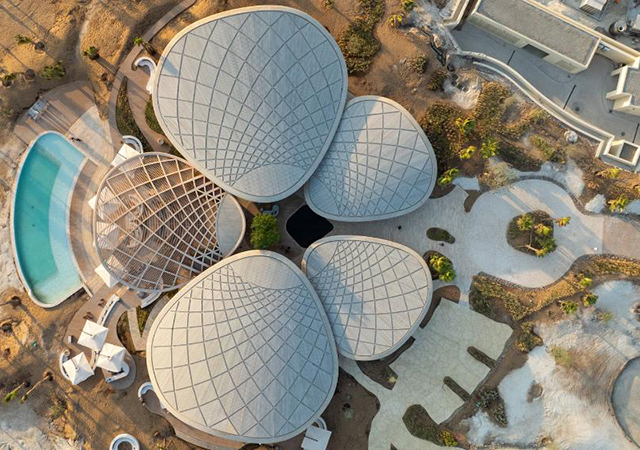

(5).jpg)
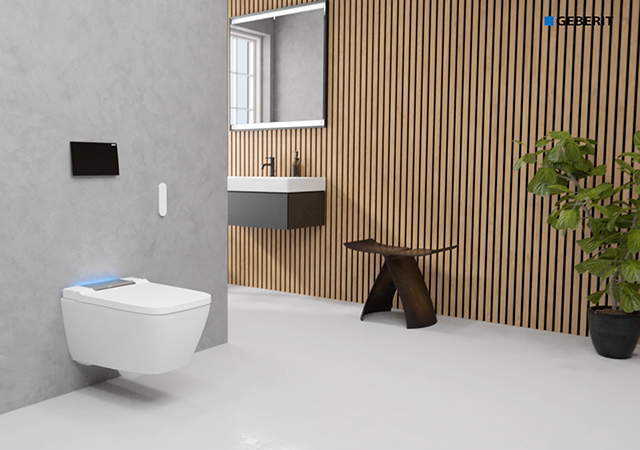
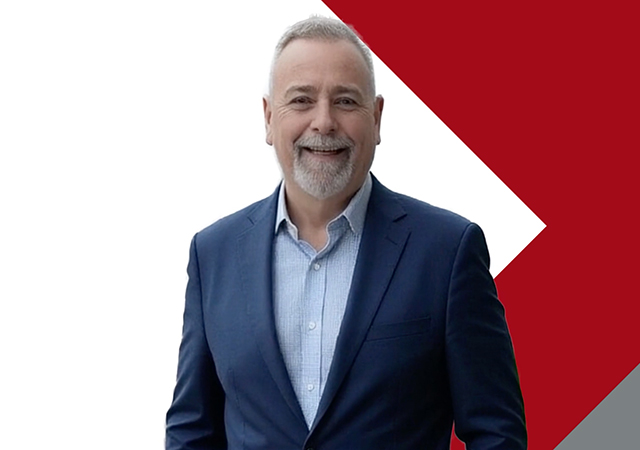

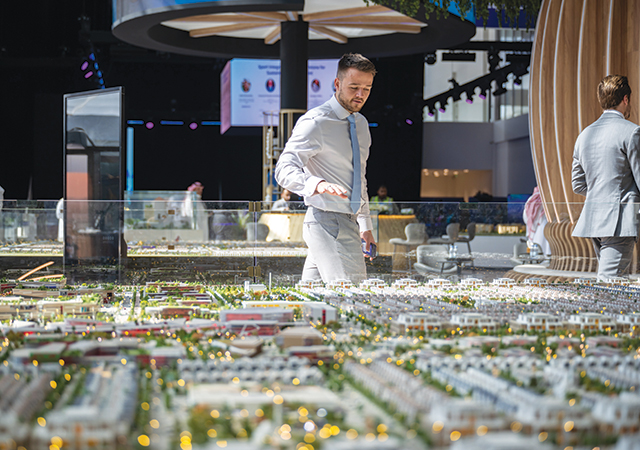
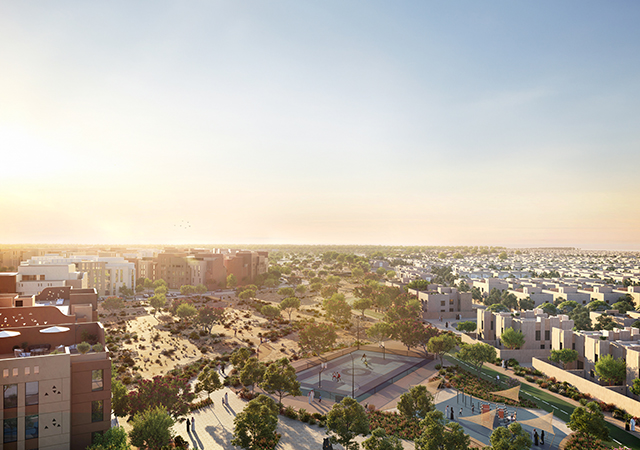
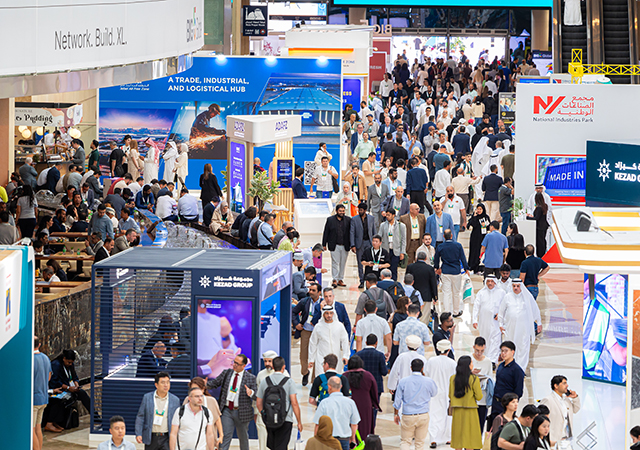
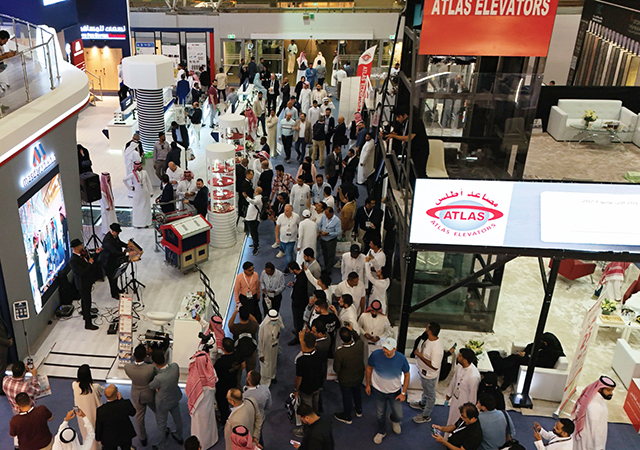
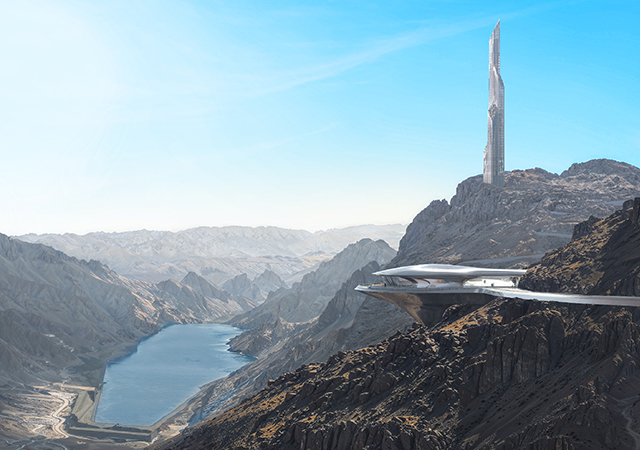
.jpg)
